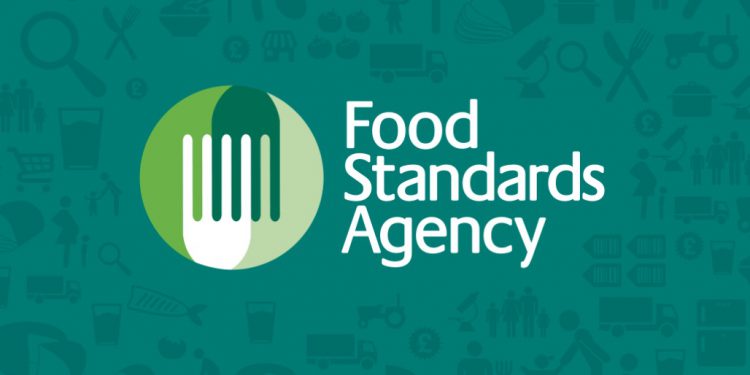On Human Rights Day, we explore the impact of the Covid pandemic on our access to food.
The Food Standards Agency has reported that since the Covid-19 outbreak, 18% of British people skipped a meal in the past month because they could not afford to eat.
As a result of the pandemic, nearly 700,000 British people are now in poverty, of which 120,000 are children, according to the Legatum Institute. This has led to more British people having to depend on food banks and charity to survive.
The strain on access to food, according to the Food Standards Agency includes:
- Calorie intake, nutritional quality and variety has been reduced as many subsist on tinned food, frozen food, or simple carbohydrates like bread, pasta and rice. Manyare skipping meals and going hungry regularly.
- Some people show potential signs of malnutrition, regularly feeling fatigued, sluggish or poorly.
- Some are compromising on food safety, stretching labelling advice around use-by dates, raising risks of food poisoning.
- Food insecure parents are particularly affected, juggling financial and emotional challenges daily.
- Many are unable to access Universal Credit, or are still going hungry with support. People with complex income like zero-hours contracts, and mixed employment and self-employment are particularly vulnerable.
- Supports like furlough, mortgage and rent holidays, and business support made a big difference to some – but many weren’t reached. Gaps in furlough support are pronounced for those not working full time.























